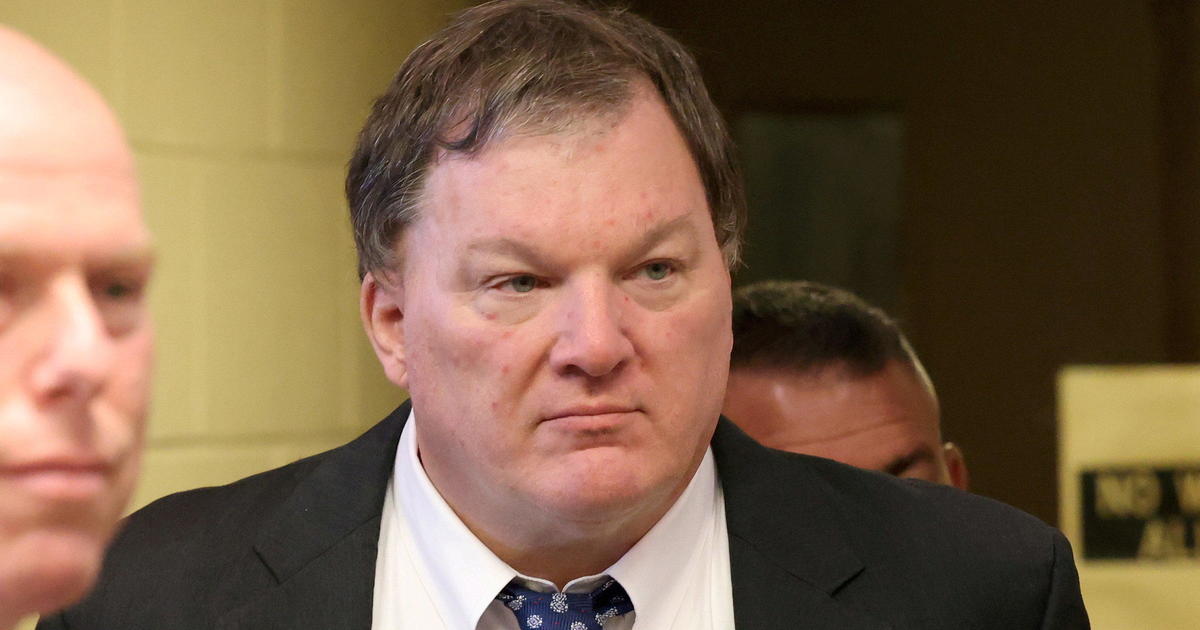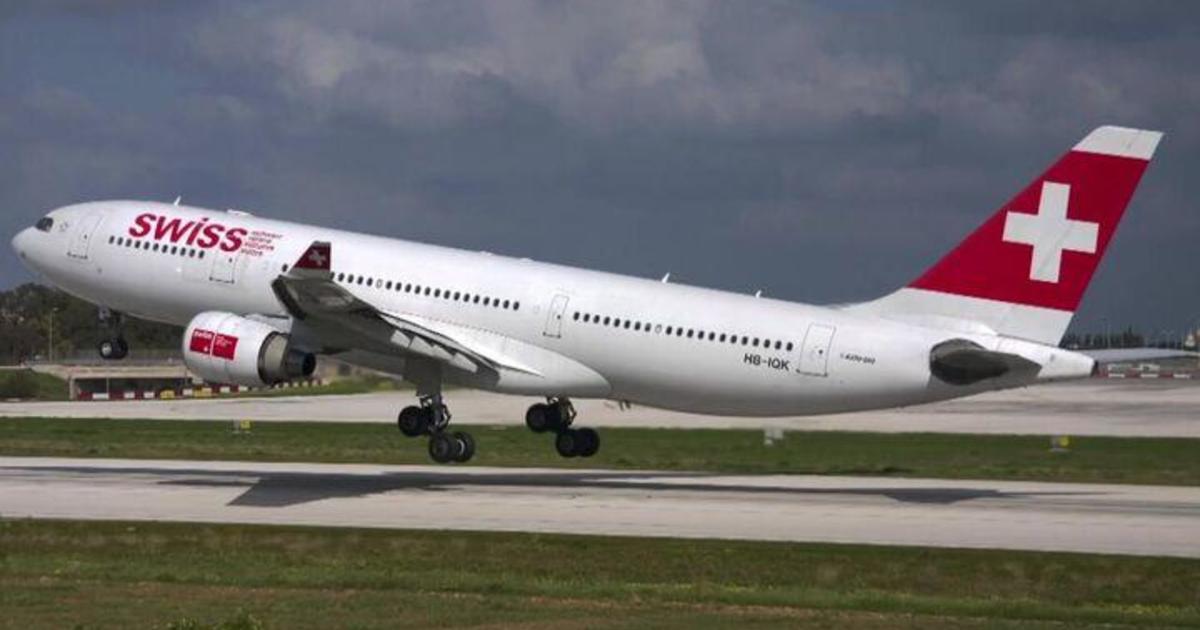Performers Reflect As Ringling Bros. And Barnum & Bailey Prepares For Last Show
NEW YORK (CBSNewYork/AP) -- After 146 years of thrilling audiences, the very last iteration of "the Greatest Show on Earth" is just weeks away on Long Island.
So what does the milestone mean for some of the most dedicated circus performers with the company?
CBS2's Emily Smith reported talked with some of the performers behind the scenes. Estefani Evans is a fifth-generation trapeze artist.
At 5 years old, Evans knew she wanted to be on the trapeze, and you could say the circus is her entire life. Her children even travel with her.
"Here at the Ringling Brothers, they actually have a school backstage, so they go to the same school," Evans said.
It adds up to about 400 shows a year – traveling to different cities. But when the show ends May 21, that will all come to an end.
Evans said if there were no circuses left on earth, "I would do something with a circus – I would invent a circus."
Meanwhile, the end for the circus' unicycle basketball team means Kaseem Alamudeen has to find a new place to show off his craft.
"Something that is totally amazing," said Alamudeen, who has been in the circus for four years but previously drove a taxi in Las Vegas.
But Alamudeen is not new to the circus industry. His two siblings also play in other arenas, and his mother started as a unicycle basketball star with a small circus. So did his grandmother.
"I had no interest till I saw it in action," he said. "I was 12."
Finally, CBS2's Smith got to clown around with Clown Alley. The clowns said they live on the mile-long circus train rather than having a home base.
"All of the living expenses are paid for except food," added clown Joe DeSoto.
They know they will be leaving the grand stage, but DeSoto's clown partner said, "This is one circus. Where one curtain closes, another opens."
They accept that their time is coming to an end, but they are humbled to be part of the final chapter.
Officials with Feld Entertainment, the producer of Ringling Bros. and Barnum & Bailey, say declining ticket sales coupled with high operating costs made the circus an unsustainable business.
The announcement comes a year after the group retired its 11 remaining touring elephants — a response to growing public concern for animal rights.
Feld Entertainment said when they removed the elephants from the show, ticket sales declines more rapidly than expected.
The circus, with its exotic animals, flashy costumes and death-defying acrobats, has been a staple of entertainment in the United States since the mid-19th century.
Phineas Taylor Barnum – a native of Bethel, Connecticut – made a traveling spectacle of animals and human oddities popular. He began selling lottery tickets when he was 12 years old, and in 1841 bought Scudder's American Museum in Lower Manhattan – where he showcased "500,000 natural and artificial curiosities from every corner of the globe," according to the virtual library for the Ringling Museum in Sarasota, Florida.
Barnum coupled his show with James Anthony Bailey's circus in 1882.
Meanwhile, the five Ringling brothers – Alf T., Al, Charles, John and Otto – performed juggling acts and skits from their home base in Baraboo, Wisconsin. In 1907, they bought the the Barnum & Bailey Circus and the modern circus was born, according to the museum.
The sprawling troupes traveled around America by train, wowing audiences with the sheer scale of entertainment and exotic animals.
The Feld family bought the Ringling circus in 1967. The show was just under 3 hours then. Today, the show is 2 hours and 7 minutes, with the longest segment — a tiger act — clocking in at 12 minutes.
The very last Ringling Bros. and Barnum & Bailey show is on May 21 in Uniondale at the Nassau Coliseum. It sold out in January.
(© Copyright 2017 CBS Broadcasting Inc. All Rights Reserved. The Associated Press contributed to this report.)



